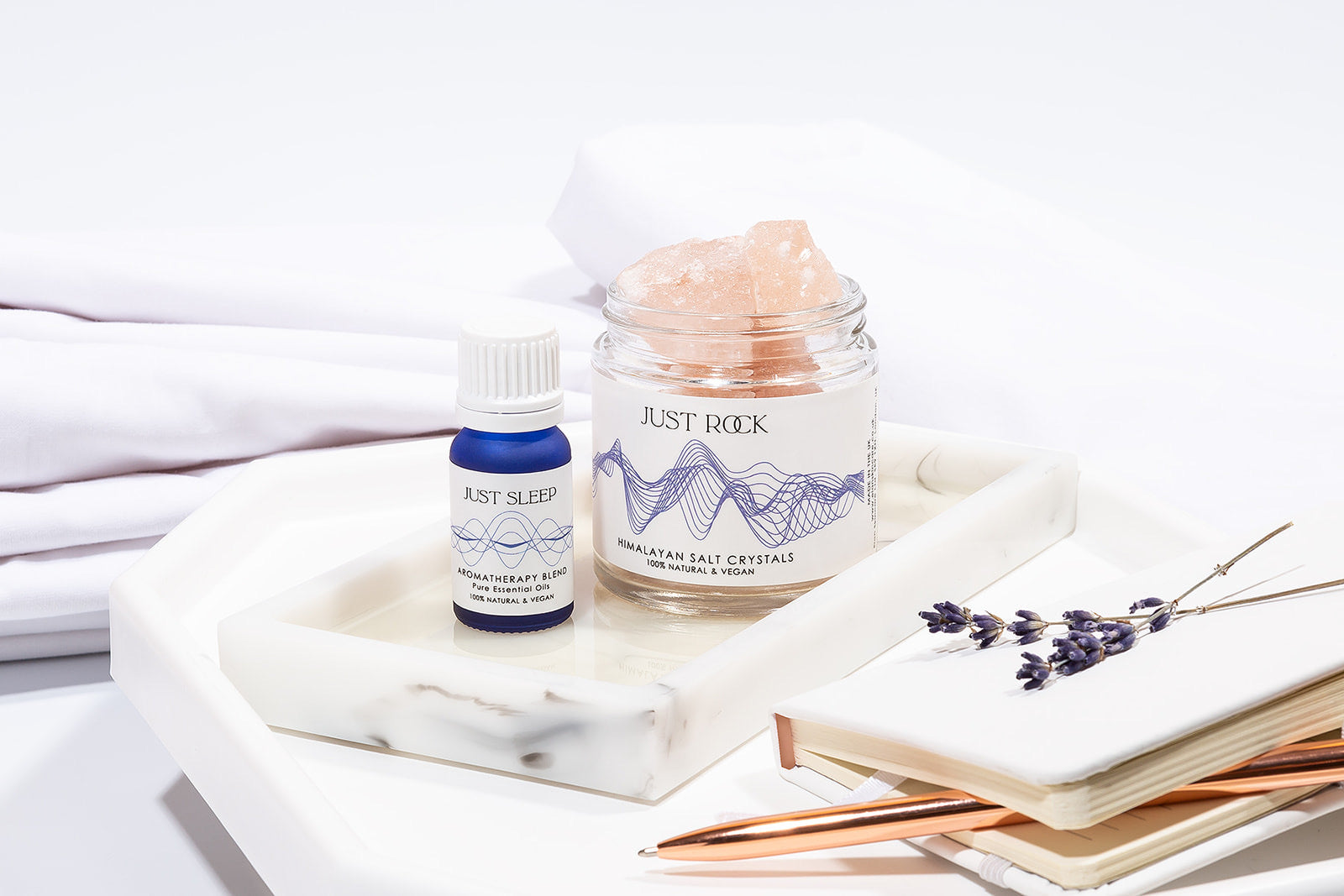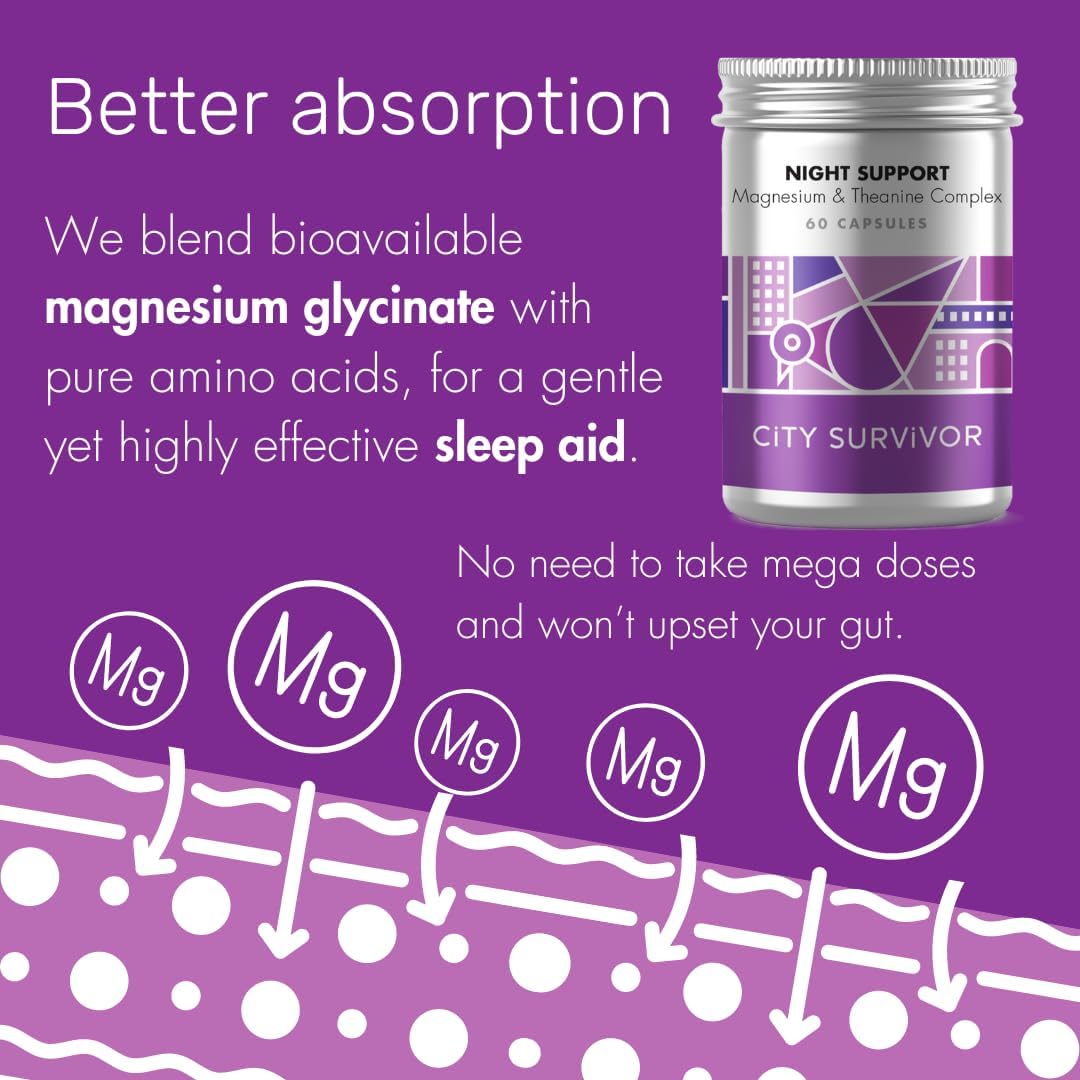The Secret to Better Sleep
As we transition from winter to spring, it's the perfect time to discuss how seasonal changes affect our sleep patterns and what we can do to sleep better.
The statistics highlight that:
- Up to 75% of older adults experience symptoms of insomnia. (1)
- Women are 40% more likely to have insomnia than men. (1)
- Sleep disorders affect 39%-47% of perimenopausal women and 35%-60% of postmenopausal women. (1)
More recent studies show that moving from winter to spring significantly influences not only the regulation of REM sleep stages but also slow-wave sleep, also known as deep sleep. (2) There is a fascinating relationship between seasonal shifts and our sleep physiology.
Proper sleep allows the body to engage in circadian rhythms. The circadian rhythm is the 24-hour internal clock in our brain that regulates cycles of alertness and sleepiness by responding to light changes in our environment. Think of it as our body's internal clock. This rhythm is influenced by both physiological and behavioural cues like when we sleep, eat, or socialize, as well as environmental signals. (3)
A lack of sleep is associated with an increased risk of developing type 2 diabetes, heart disease, obesity, and depression. (2) A single night of poor sleep can lead to difficulties with memory, concentration, and decision-making and to a significant increase in the stress hormone.
People prone to developing circadian rhythm sleep disorders are those who work evening shifts or frequently travel across multiple time zones. Artificial illumination from computers, cell phones, and other electronic devices can also interfere with the body’s ability to maintain proper circadian rhythms. (4)
As days become longer, our sleep schedules shift, most notably in the form of later bedtimes and morning wake times, ultimately resulting in reductions in sleep duration and sleep efficiency compared to winter months. (4)
So, when we transition from winter to spring, what can we do to improve or maintain good, quality sleep?
- As research data suggests, as we get older, fewer environmental disruptors attributed to light, temperature, and noise are reported. What does it mean? There is a great benefit to optimizing bedroom environments (right temperature, quiet and darkened space). However, optimizing the bedroom environment will have the greatest impact on younger populations compared to older. (4)
- The right diet and elimination of alcohol. Certain foods and drinks can promote better sleep. Avoid spicy foods within three hours of bedtime. Do the same with tomato sauce and other acidic foods if they give you heartburn or indigestion. Eat complex carbohydrates such as whole-wheat toast or a bowl of oatmeal before bed. These foods will trigger the release of the sleepy hormone serotonin, and they don’t take long to digest. (6)
- Pharmacological solutions can help some; however, the quality of sleep may remain poor, and we need to consider side effects such as dependence and increased drug tolerance. (5)
We could consider the alternative, safe, and non-pharmacological interventions with minimal side effects.
- Aromatherapy has the therapeutic potential for sleep enhancement.
Although more research is needed, numerous studies have shown that inhaling essential oils, especially lavender, can help promote relaxation and improve sleep quality. With minimal known side effects, essential oils offer a safe and effective alternative to pharmacological solutions.
- The role of Magnesium and L-Theanine in sleep optimization.
Magnesium and L-theanine are noteworthy supplements for improving sleep. Magnesium has been linked to better sleep quality because it influences the central nervous system. On the other hand, L-theanine is known for its anxiety-reducing effects, which aid in relaxation and reduce stress, thus creating a favorable environment for falling asleep and staying asleep.
- Taurine's implications for sleep health and potential to extend lifespan.
Taurine's potential benefits for sleep health and longevity are worth exploring. This amino acid has been associated with various health benefits, including improved sleep quality. Taurine has also been recently investigated for its potential to extend lifespan. (7) This amino acid has caught the attention of researchers for its ability to support overall health and vitality, making it a promising addition to your wellness regimen.
If you struggle with sleep, it may be worth trying
Sleep Supplement - Magnesium + L-Theanine + L-Taurine | Elan Skincare
Just Sleep Gift Set | Elan Skincare

Wishing you a peaceful and restful night's sleep!
References:
1)https://www.sleepfoundation.org/how-sleep-works/sleep-facts-statistics
2)https://www.bbc.com/future/article/20230315-how-the-seasons-change-our-sleep
3)https://www.ncbi.nlm.nih.gov/books/NBK519507/#:~:text=Circadian%20rhythm%20is%20the%2024,Earth%27s%20rotation%20around%20its%20axis.
4)https://www.sleepscore.com/news/sleepscore-labs-to-present-new-research-at-world-sleep-congress-2022-based-on-latest-sleepscore-big-data-analyses/
5)https://www.sciencedirect.com/science/article/abs/pii/S1876382012010700 6)https://www.jopkinsmedicine.org/health/wellness-and-prevention/better-sleep-3-simple-diet-tweaks 7)http://genome.fieldofscience.com/2023/06/does-taurine-really-extend-life-maybe.html
Recommended read:
"Why We Sleep: The New Science of Sleep and Dreams" - by Matthew Walker Explore the science of sleep and uncover the secrets to unlocking a lifetime of restful slumber.
Disclaimer: The information provided is for informational purposes. It is not intended to be a substitute for professional medical advice, diagnosis, or treatment. Always seek the advice of your physician or other qualified health provider with any questions you may have regarding a medical condition.
Supplement safety: Do not exceed the recommended daily intake. Food supplements should not be used as a substitute for a varied and balanced diet and a healthy lifestyle.

